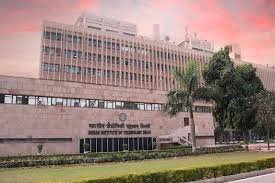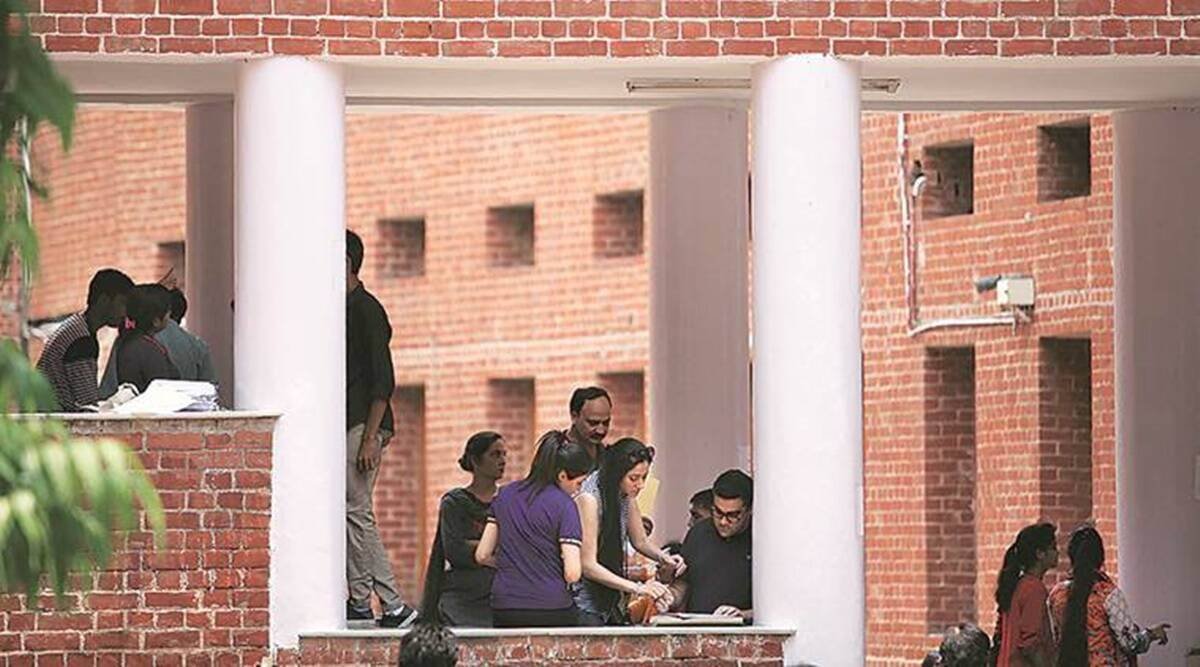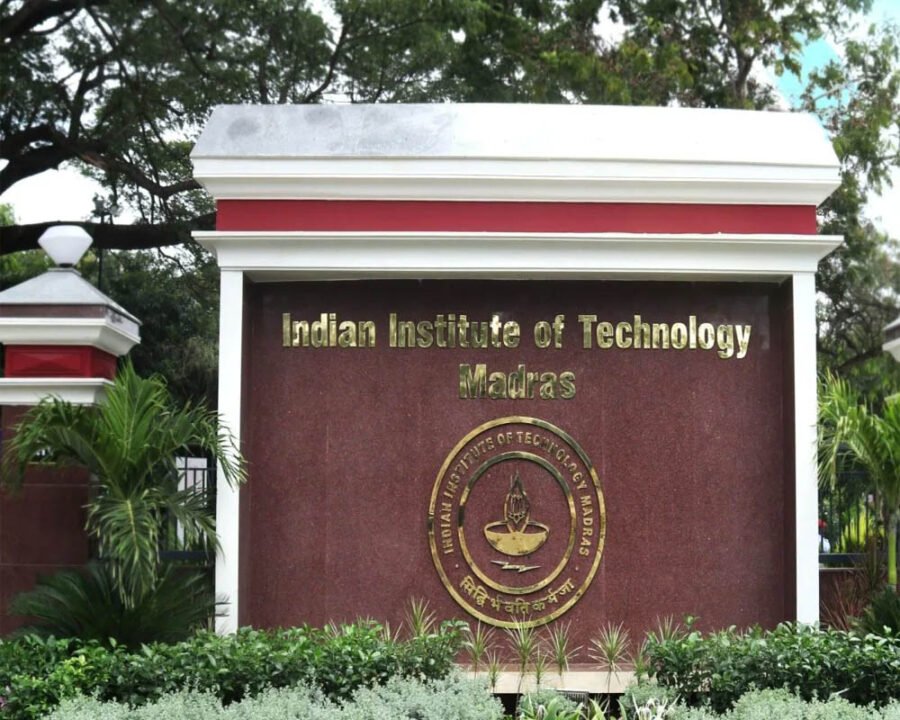NEW DELHI, June 5: The Indian Institutes of Technology (IITs) Bombay and Delhi are among the top 150 universities in the world, while the Massachusetts Institute of Technology (MIT) retained the top rank globally for the 13th time, according to the QS World University Ranking, 2025 announced on Wednesday.
While IIT Bombay has climbed from 149 last year to 118, up by 31 ranks, IIT Delhi improved its rank by 47 points to bag the 150th position globally.
According to the coveted ranking published by the London-based higher education analyst, Quacquarelli Symonds (QS), the University of Delhi stood out for the employability of its graduates and has been ranked 44th globally in the category of “employment outcomes”.
Boasting 46 universities in this edition of the rankings, the Indian Higher Education system is the seventh most represented globally and the third in Asia, trailing only Japan (49 universities) and China (Mainland) (71 universities).
India has one more university within the top 150 rankings, IIT Delhi (150th) and two more entries in the world’s top 400 with the University of Delhi (ranked 328th) and Anna University (ranked 383rd) making their debut in this tier.
“India’s Employment Outcomes score is 10 points below the global average of 23.8, reflecting the need to bridge the gap between job requirements and graduates’ skills and to create more opportunities for new graduates.
“Additionally, India’s sustainability score is also about 10 points below the global average and highlights the need to prioritise and strengthen sustainability initiatives within the higher education system,” a senior QS official said.
The QS highlighted that despite the achievements, India faces challenges in internationalisation.
“The country lags in the International Faculty Ratio and International Student Ratio indicators, underscoring the need for greater international collaboration and exchange. India’s score for the proportion of international students is a mere 2.9, significantly below the global average of 26.5.
“Similarly, the average score for the proportion of international faculty is 9.3, indicating a need to increase the diversity and representation of international faculty members in Indian universities. Additionally, India’s faculty and student ratio score is considerably lower than the global average, suggesting a need for a strategic focus on faculty recruitment and retention,” the official added.
IIT Kharagpur (IIT-KGP) has achieved the fourth spot in India as it went from 271 in the 2024 rankings to 222 this time. IIT KGP is followed by IIT Madras which climbed 58 ranks (285 to 227) this year. IIT Madras has taken the position of IIT Kanpur this time, which has slipped to the sixth position, even after climbing from 278 to 263 this year.
One of the biggest improvements has been made by the University of Delhi (DU) which jumped 79 ranks — from 407 last year to 328 this year. The central university has improved its rank from ninth last year to seventh this time.
According to Jessica Turner, QS Chief Executive, the growing prominence of Indian higher education is evident, with 46 universities now ranked and 61 per cent improving their positions.
“The bold implementation of India’s National Education Policy (NEP) demonstrates the nation’s commitment to modernising its education system and addressing challenges and leveraging opportunities. Taking this significant step towards fostering a learning environment that prepares students for future challenges is crucial.
“Emphasising sustainability, global engagement, and employability will be vital in shaping India’s higher education landscape. These elements will define future institutions and ensure their relevance and success,” Turner added.
The QS noted that in terms of “Employer Reputation”, India’s average scores align closely with the global average, indicating a positive perception of the quality of education and graduates’ capabilities.
“However, the “Academic Reputation” score show room for improvement, suggesting that India’s universities could enhance their engagement within the global academic community.
“To enhance its global standing, India should focus on attracting international students and faculty, fostering international collaborations, evolve the curricula to include emerging skills and competencies, and prioritising sustainability efforts. By addressing these areas, India can further elevate its higher education system and solidify its position on the international stage,” it said. (PTI)












